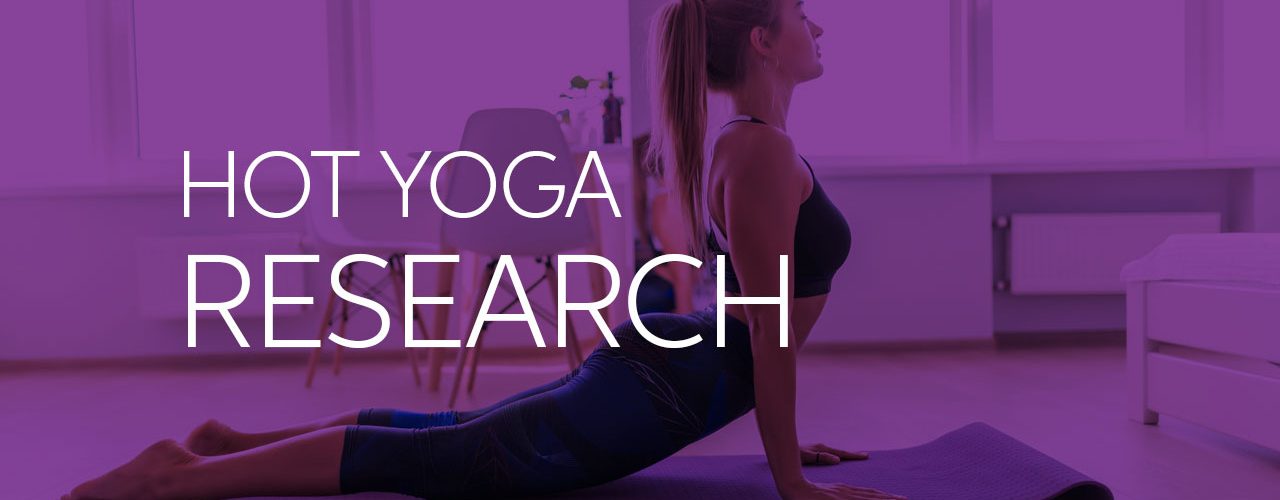Bikram yoga is a relatively new, but an increasingly popular form of exercise. Its health benefits were demonstrated on physical and psychological measures.
Aims: The current field study tested the acute effects of Bikram yoga on practitioners’ positive-/negative-affect and state-anxiety, and their link to the self-perceived stress, in Bikram yoga participants.
Method: Field study, within-participants design, testing perceived stress and its relation to changes in positive-/negative-affect and state-anxiety in 53 habitual Bikram yoga participants.
Results: Statistically significant positive changes emerged in all three psychological measures after the 90-min Bikram yoga session. The decrease in negative-affect and state-anxiety were significantly and positively related to the perceived stress. Estimated effort was unrelated to the magnitude of the changes recorded in the psychological measures. Heart rates and self-report measures indicated that physically Bikram yoga is only mildly challenging.
Conclusions: The findings illustrate that, independently of the physical effort, Bikram yoga is a new mild form of exercise that reduces negative-affect and state-anxiety, and the reduction is directly related to the perceived stress. Therefore, Bikram yoga appears to be beneficial for all practitioners, but even more so for the individuals who experience substantial stress in the daily life.














